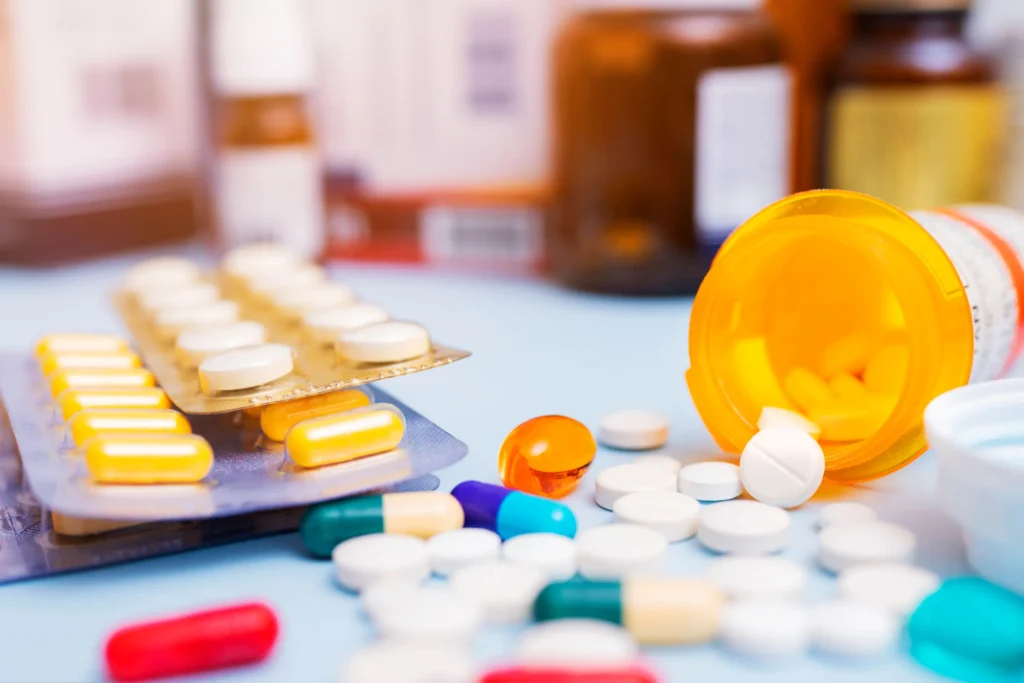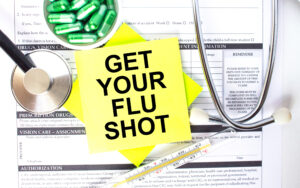In today’s healthcare environment, generic pharmaceuticals provide an appealing option to well-known brand competitors.
They market their drugs under a distinct trademark after development, whereas generic copies are made after the patent expires.
As a result, generics offer identical ingredients and medication efficacy at a reduced cost. Despite this equivalence, a widespread misconception exists that brand drubs reign supreme in terms of quality and effectiveness.
It is a belief that has influenced the choices and healthcare decisions of consumers, neglecting the therapeutic benefits and equivalent economic benefits that generics provide.
This article helps you understand the distinctions in navigating pharmaceutical choices and optimizing the affordability and accessibility of healthcare services.
1. Wider Availability

Pills And Capsules
The vast availability of generic medication provides a crucial advantage compared to brand-name alternatives. First, generics offer affordable options that make essential medications accessible to a wider demographic of patients. On the contrary, limited distribution channels and higher costs restrict brand monopolies, which often reduce the availability and affordability, especially in underserved regions. Generic medications make essential therapies widely available, which improves overall healthcare outcomes and supports global public health programs. This helps reduce healthcare inequities on a global scale.
2. Equivalent effectiveness
The legislation demands that they have the same quantity of active components, ensuring that your illness is treated equally. Because a brand developer has already completed the lengthy clinical trials, pharmaceuticals that major in generics save a lot of money, as they do not have to redo them. Generic drugs are especially cost-effective since the savings are transferred to a patient. Inactive substances, such as coloring and fillers, may differ from generic and brand medications, but their presence has no influence on how well the medicine treats your sickness. As a result, generics provide the same level of efficacy at a significantly reduced cost while treating your medical condition.
3. Cost Savings
They contain similar active components and therapeutic benefits like branded alternatives, but they go through a less stringent approval procedure because the original safety and effectiveness of the drug have already been developed. This simplified technique results in much cheaper production costs. Consumers benefit from these savings, as generics are often priced relatively lower than brand ones. This translates into significant cost benefits for individuals, particularly those on chronic medications. Individuals who use generics can be assured of compliance with their treatment plan while avoiding financial problems. As a result, generics not only lower the cost of medication but also enhance access to needed healthcare.
4. Safety and Regulatory Requirements
To guarantee that generics meet stringent requirements for bioequivalence and efficacy, regulatory bodies subject them to a rigorous licensing process. On the other hand, branded medications must pass costly and time-consuming clinical trials before approval for distribution. To guarantee patient safety and consistent efficiency, strict regulatory laws need generic medications to fulfill the same requirements for quality, potency, purity, and stability as brand medications. All of these components show how reliable and affordable generic medications are for maintaining high standards in healthcare delivery.
5. Patient Choice and Trust
Patients now have more alternatives and can control their health decisions with generic drugs. They are accessible and affordable in contrast to name-brand alternatives, allowing patients to make well-informed selections without worrying about cost. This promotes confidence because patients can now select prescriptions based on efficacy rather than just brand loyalty. Studies and patient questionnaires indicating similar effectiveness and dependability frequently report high satisfaction levels with generics. This choice highlights the increased confidence that people have in generic drugs, which is backed by personal experience and recommendations from medical experts. In general, generics ensure successful treatment results by increasing patient choice and boosting trust in healthcare decisions.
6. Potential for Allergy and Sensitivity
Brand-name medications sometimes contain inactive chemicals like binders and fillers that might cause negative responses in many people. Since generics frequently include different inactive chemicals, they have less chance of causing allergies or sensitivities in those who are already vulnerable. Individuals who are vulnerable to these kinds of responses might benefit from the flexibility of the formulation as it provides a safer option that improves tolerance and treatment adherence. Therefore, by reducing the dangers related to component sensitivities, generic drugs not only offer cost-effectiveness but also emphasize patient safety.
Choosing generic drugs presents a practical approach to healthcare by striking a balance between therapeutic efficacy and affordability. Patients can obtain therapies that are similar to their name-brand equivalents by selecting generics, frequently at a far lower cost. This ensures more fair and widespread access to necessary pharmaceuticals while simultaneously fostering affordability and accessibility. In the end, it allows individuals and healthcare systems to manage resources effectively.




